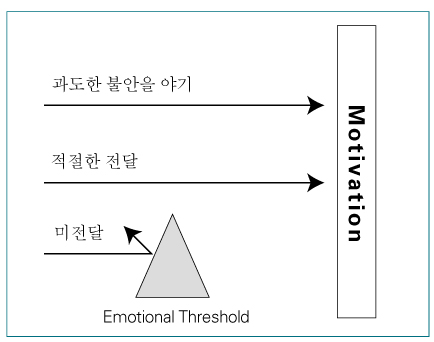J Korean Med Assoc.
2004 Jun;47(6):556-567. 10.5124/jkma.2004.47.6.556.
Patient Education for Moderate Drinking
- Affiliations
-
- 1Department of Family Medicine, Chungnam National University College of Medicine and Hospital, Korea. jskim@cnuh.co.kr
- KMID: 2065239
- DOI: http://doi.org/10.5124/jkma.2004.47.6.556
Abstract
- A brief advice by a physician to problem drinkers are known to be very effective in reducing alcohol consumption, health care utilization, motor vehicle events, and its related costs. This article is to provide the definition of moderate drinking and screening methods for alcohol problems in the context of primary care. Various individualized strategies of education can be applied to the patients based on their drinking habits on each visit. Regular programs of group education for problem drinkers and their families are also considered to be useful methods in both ambulatory and hospital settings. From preventive perspectives, public health educations should be focused on the establishment of a culture of moderate drinking in the community.
MeSH Terms
Figure
Cited by 1 articles
-
The Role of Alcoholics' Insight in Abstinence from Alcohol in Male Korean Alcohol Dependents
Jong Sung Kim, Byoung Kang Park, Gap Jung Kim, Sung Soo Kim, Jin Gyu Jung, Mi Kyeong Oh, Jang Kyun Oh
J Korean Med Sci. 2007;22(1):132-137. doi: 10.3346/jkms.2007.22.1.132.
Reference
-
3. Fleming MF, Barry KL, Manwell LB, Johnson K, London R. Brief physician advice for problem drinkers: a randomized controlled trial in community-based primary care practices. JAMA. 1997. 277:1039–1045.
Article4. Fleming MF, Mundt MP, French MT, Manwell LB, Stauffacher EA, Barry KL. Brief physician advice for problem drinkers: long-term efficacy and benefit-cost analysis. Alcohol Clin Exp Res. 2002. 26:36–43.
Article5. US Department of Agriculture. Dietary guidelines for Americans. 2000. USDA;18.6. Cobbs EL, Duthie EH, Murphy JB. Geriatric review syllabus : A core curriculum in geriatric medicine. 2002. 5th ed. MA: Blackwell Publishing Co;243–249.7. Saunders JB, Aasland OG, Amundsen A, Grant M. Alcohol consumption and related problems among primary health care patients: WHO Collaborative Project on Early Detection of Persons with Harmful Alcohol Consumption I. Addiction. 1993. 88:349–362.
Article8. Saunders JB, Aasland OG, Babor TF, de la Fuente JR, Grant M. Development of the Alcohol Use Disorders Identification Test (AUDIT): WHO Collaborative Project on Early Detection of Persons with Harmful Alcohol Consumption II. Addiction. 1993. 88:791–804.
Article10. Wannamethee G, Whincup PH, Shaper AG, Walker M, Mac-Farlane PW. Factors determining case fatality in myocardial infarction "Who dies in a heart attack?". Br heart J. 1995. 74:324–331.
Article11. Kim JS, Kim GJ, Lee JM, Lee CS, Oh JK. HAIS (Hanil Alcohol Insight Scale): Validation of an insight-evaluation instrument for practical use in alcoholism. J Stud Alcohol. 1998. 59:52–55.
Article12. Koch-Weser J, Sellers EM, Kalant H. Alcohol intoxication and withdrawal. N Engl J Med. 1976. 294:757–762.
Article
- Full Text Links
- Actions
-
Cited
- CITED
-
- Close
- Share
- Similar articles
-
- Effects of a Moderate Drinking Program based on Social Cognitive Theory on College Students with Drinking Problems
- Alcohol and the Metabolic Syndrome in Korean Women
- Korean Undergraduate Students' Intention, Attitude, Perceived Control, and Social Pressure for Moderate Drinking Behavior
- Drinking in the Context of Health-Sustaining Habits
- Current Status of Korean Alcohol Drinking in Accordance with the Korean Alcohol Guidelines for Moderate Drinking Based on Facial Flushing


